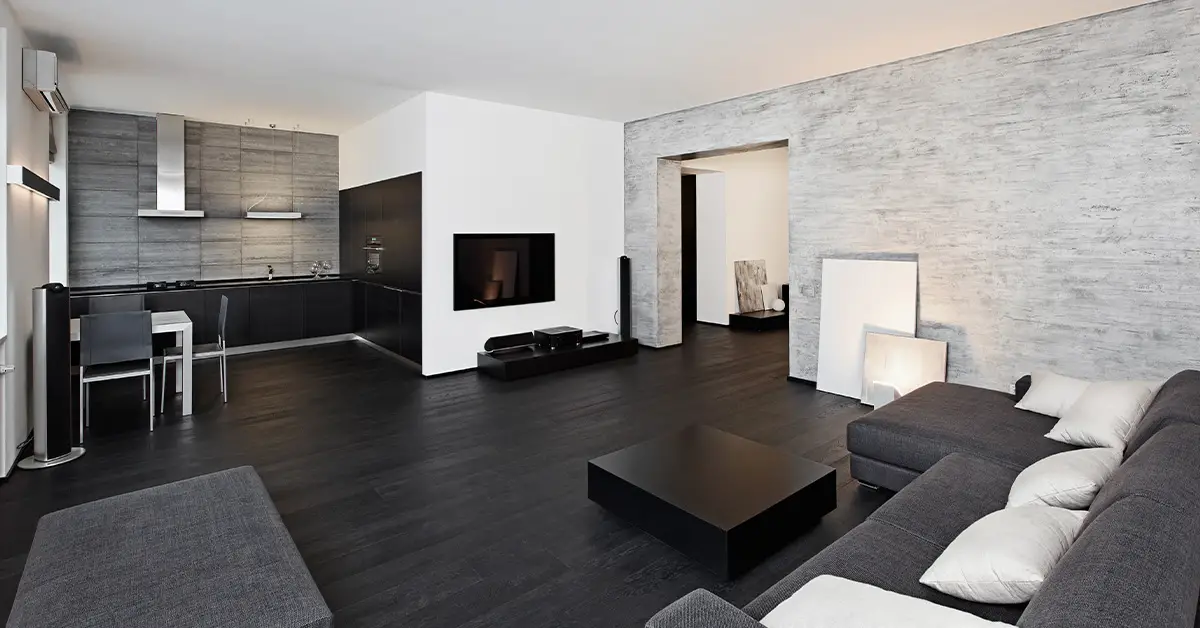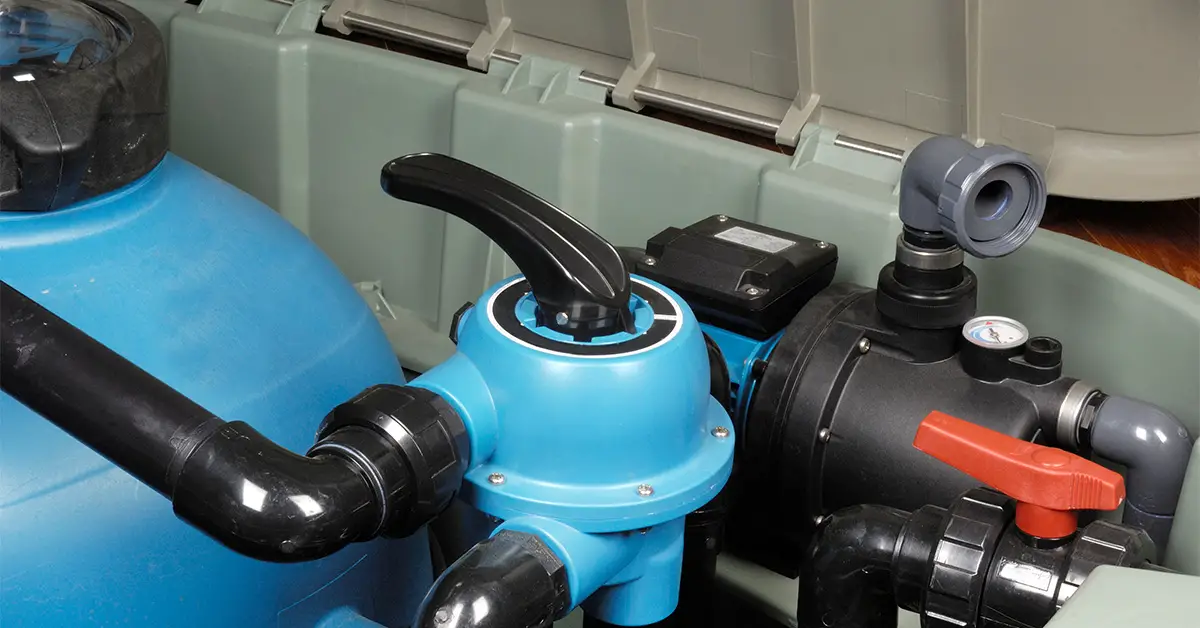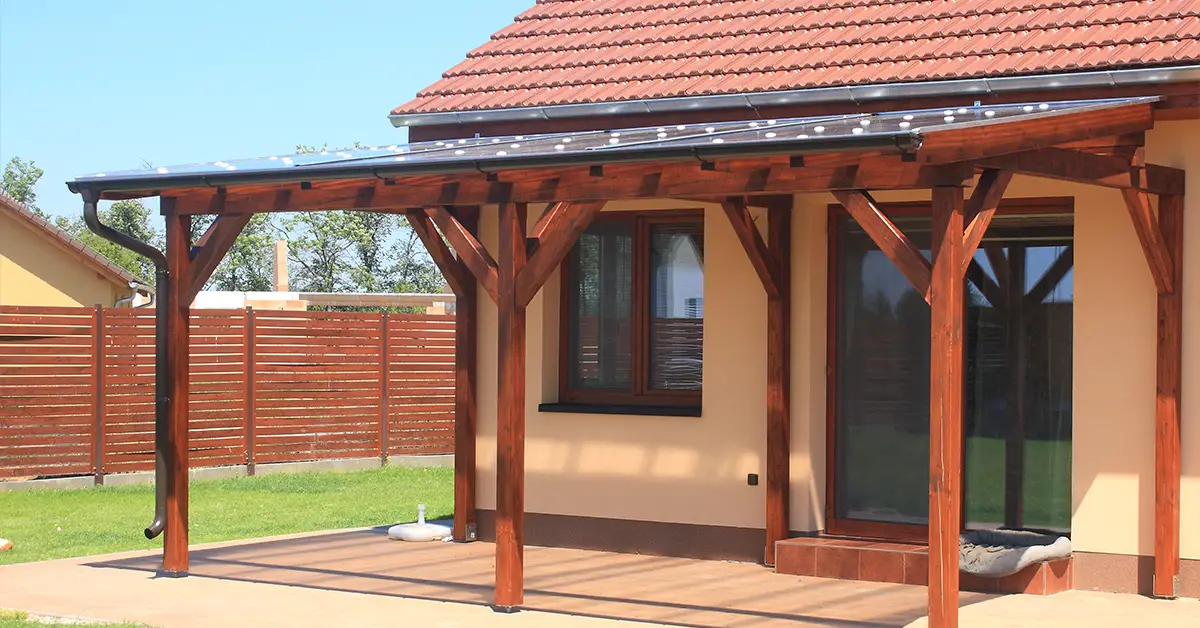In 2020, house flippers averaged a net profit of $30,000 per flip. So how much can you make flipping houses? That depends on the purchase price, resale price, cost of repairs, location, and turnaround time.
Flipping houses for a living has gained popularity over the last five years. Some house flippers buy homes that don’t need improvements. They buy properties, wait a few months, and sell them for a profit.
Fix-and-flip investors buy homes that need repairs. After they make repairs and updates, they and sell the property for a profit. From tiny houses to large estates, you can make money with a good plan for your house flipping process.
Want to know how much can you make flipping houses? Keep reading to learn more about how to flip houses for a profit.
Table of Contents
1. Find the Money and Make a Budget
Some say cash is king when buying a house to flip. However, others like to borrow money to free up cash for repair costs. Here’s a breakdown of some ways to borrow money.
Traditional Loans
Most people prefer to put 20% of the home cost as a down payment on a conventional loan. Twenty percent down usually avoids private mortgage insurance, which can be up to 2% of the loan.
However, there are other types of loans and programs that may allow little to no money down.
Private Funding
Borrowing funds from friends, colleagues, or other real estate investors is considered private money. Private money is great if you can get it. Have all parties sign legal written agreements before borrowing private money.
Many real estate investors lend out their money to credible house flippers. They can supply cash and collect interest without having to do all the work of house flipping.
If you have a proven track record, it will be easier to secure private funds. This doesn’t mean it’s impossible for inexperienced flippers to get private funding. Make sure you have your ducks in a row and a solid plan to present when asking for funds.
Hard Money
Hard money lenders are private companies or corporations that lend short-term, high-interest loans to house flippers. Each hard money lender has its specific requirements for lending.
Borrowing hard money usually pays for the cost of the home and repairs. Hard money lenders may exclude taxes or other closing costs.
The Buddy System
If you’re short on cash but don’t mind some hard work, find a buddy or two. Business partners are a great way to flip your first few homes. Just make sure the terms of your agreement are signed and clear before you begin.
Contract terms in writing can avoid misunderstandings. You want your buddies to still be your buddies after the flip.
Make Your Budget
Before you begin asking for money, find out what you can afford. How much of your own money can you invest? What kinds of terms are you willing to accept with loans?
Once you’ve found your budget, stick to it as best you can. Failure to do so could cost you a lot of money.
2. Find the Bargains
One of the most important money-making factors is your purchase price. Some real estate investors use the 70% rule when evaluating the price of their next investment. Following this rule, flippers should pay no more than 70% of the home’s After Repair Value (ARV).
*Make sure to include your purchase price, repairs, and taxes. Also include the cost of holding the property for a few extra months.
Find the ARV
First, find the home’s estimated ARV. What can you reasonably sell this home for after the repairs are done? One of the best ways to find this is to research comparable home sales in the same area/neighborhood (comps).
Many home sale websites have searchable sold homes where you can find comps. You may also want to contact a local realtor or broker to find recent comp prices in your area. Take your estimated end sale price and subtract from the ARV.
Now it’s time to subtract those input costs.
Add Up Input Costs
If you’re looking at a fix-and-flip, walk through the house and add up repair/update costs. Then, add 10% to your final number. Repairs and updates almost always cost more than you think they will.
Remember to include the cost of renting a trash hauling service or roll-off dumpster. There’s almost always a cost to get rid of flooring, drywall, and other large items.
Real Estate Fees
Are you working with a realtor? If so, add their fees (usually 3% to 6% of the home sale price) to your input costs. If you are buying a home or selling a home without a realtor, you should have real estate legal knowledge before signing contracts.
If you’re not an expert, hire a real estate lawyer to look over your contracts. This will keep you from missing important details you might overlook. These kinds of mistakes can cost you time and money later on.
Taxes and Closing Costs
Don’t forget about Uncle Sam. If you’re planning a quick turnaround time for your house flipping process, there’s a good chance you’ll pay capital gains taxes.
Finally, factor in all the closing costs associated with buying and selling homes. These may include: origination fees, escrow, prepaid interests, wire transfer fees, and other costs that may arise. Some sites offer closing costs calculators, but it’s best to check with your local lender to get a more personalized estimate.
3. Find Your Kind
Finding bargain homes can be difficult, especially in a hot market. Here are a few ways you can find homes to buy and flip.
A Realtor
Many real estate agents are investors themselves. They enjoy helping home flippers and may even have money to invest/lend. Contact local real estate agents and ask for distressed or bargain listings as soon as they hit the MLS.
The MLS
Speaking of the MLS, you can always search it yourself for free. If you aren’t a realtor, it may be difficult to snatch those housing bargains before anyone else gets to them.
Local Groups
Many communities have local real estate investor groups. These are great places to connect with wholesalers, wholetailers, real estate agents, and fellow real estate investors/flippers. Check out social media or ask a local real estate agent how you can find a real estate investors group in your area.
4. Make the Improvements
Once you’ve found funding and property, you can make your repairs and updates list. Here are a few guidelines to follow before jumping into home improvements.
Don’t Go Overboard
Overimproving is an easy mistake to make. Putting in the work to make your property better is gratifying. There are some improvements that aren’t worth your investment.
Bathrooms and kitchens should be the main focus of your cosmetic improvements. Sagging foundations and leaky roofs are also worth fixing. If a furnace or Air Conditioning unit is working, it’s best to leave it even if it’s old.
Invest in simple but important improvements like fresh paint and flooring. Pay attention to the exterior of your flipped home by adding simple but neat-looking landscaping. You may even want to stage your home if you have the time and resources.
Don’t DIY All the Things
Some things are best left to the pros. Unless you’re licensed, hire out electrical work, plumbing, and large projects. Always get the required permits needed for larger projects.
Overestimate Cost and Time
Things will likely take you longer than you want and cost more than you think, especially if you haven’t flipped a house before. Account for extra time and money when you’re budgeting and planning your flip.
Your house may not sell as fast as you think it should. If this happens, re-evaluate your asking price. If you’re paying on taxes and utilities, what are your holding costs for a few months?
How Much Can You Make Flipping Houses?
The amount you make flipping houses depends on the purchase price, input costs, and what you can sell it for when you’re done. Those asking “How much can you make flipping houses?” took home an average net profit of $30,000.
Unless you’re already flipping houses for a living, ask the advice of those around you. Find experts in your local real estate market to advise and mentor you.
Want to find out more about home and apartment real estate? Check out roomimpact.com for resources on apartment life, the right plants for your space, and other helpful guides and FAQs.







